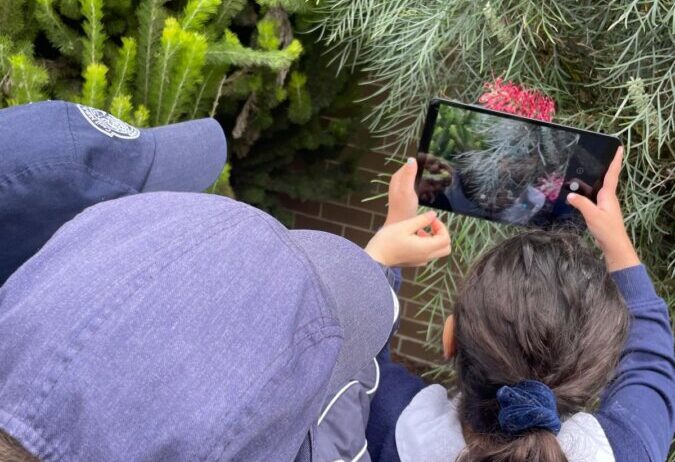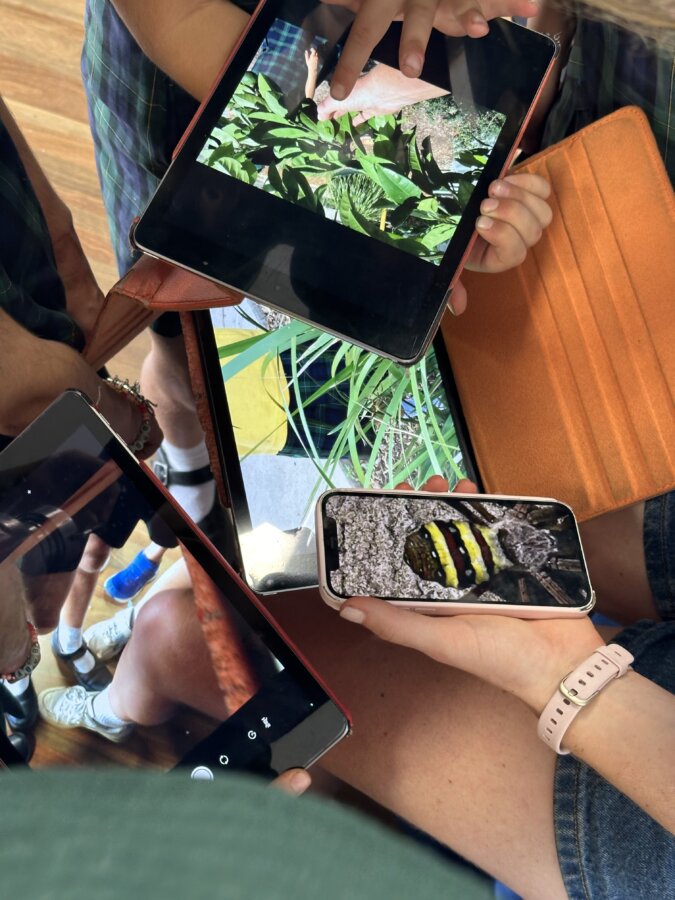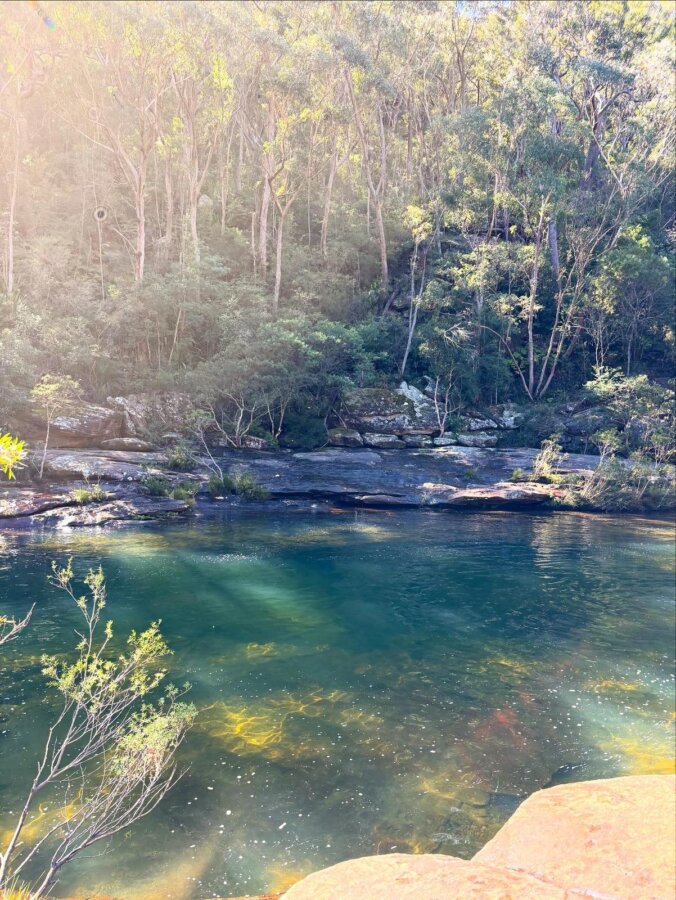
Articles
Biodiversity
-
Taking on the heat
PlantingSeeds’ key mission is to support urban biodiversity. But climate change is in our sights as well. By teaching students – younger and older Australians – about the urban heat island effect (UHI) and providing tangible ways for them to witness how green and synthetic spaces vary wildly in temperature, we learn that plantings can […]
-
Planting for Country – A Yarn with Peter Cooley
“The sky is connected to Country – the moon, the tides. The first problem was separation. If you separate the plants from the animals, both disappear.”—Peter Cooley Image supplied by Peter Cooley and (C) Indigigrow Peter Cooley, a proud Bidjigal man from Sydney’s La Perouse, is the co-founder and CEO of First Hand Solutions Aboriginal […]
-
Schools – Citizen science and BioBlitzes need You!
PlantingSeeds is proud of its early foray into the world of citizen science and BioBlitzes. This year marks the 4th year we have been running the National School Citizen Science BioBlitz (in September’s Biodiversity Month). It is supported by the CSIRO’s Atlas of Living Australia, the Australian Citizen Science Association and various State Departments of […]
-
iNaturalist is celebrating 250 Million verifiable observations!
The discovery of a Praying Mantis species in southern Thailand, a new wasp species discovered by high-school students in Beerwah, Queensland, and a study of the evolution of Luna moths in relation to predation and other environmental constraints. These are a few of the discoveries and new research generated by community members and data on […]
-
Courting Conservation: The Legal Battle for a Liveable Planet
New legal moves offer hope for positive environmental actions. Taking the government to court over climate inaction is no small feat. However, every act for the environment is capable of sparking meaningful change. While setbacks occur, especially within a complex legal framework, these bold acts are encouraging others to become advocates for the environment. July […]
-
The Bee Team
Think about this for a moment: one out of every three mouthfuls of the food you eat depends on pollinators. Without bees, birds, flies – yes certain flies – and other amazing creatures, many of the vegetables and fruits you love would cease to exist. And let’s not forget coffee, chocolate, medicines, fabrics and other […]






